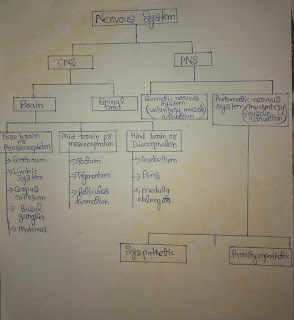What is research problem ? definition of research problem, components, selection of the problem, source , characteristics, how to write the statement problem, formulation of research problem,

What is a research problem ? In general a research problem refers to some difficulty which a researcher experiences in the context of either theoretical or practical situation and wants to obtain solution for the same. A research problem is the foundation of any research method and experimental design. It is a situation or circumstances which require a solution to be described, predicted or explained. A research problem does not state how to d something, offer a vague or broad proposition, or present a value question. Identification and formulation of a research problem is the first step of the research process, and it is the most difficult and challenging phase of the research process. It is an area of concern where there is a gap in the knowledge needed for professional practices. Definition of research problem :- "A situation for which we have no ready and successful response by instinct or by previous acquired habit we must find out what to do." [ R.S. Woodwo...


